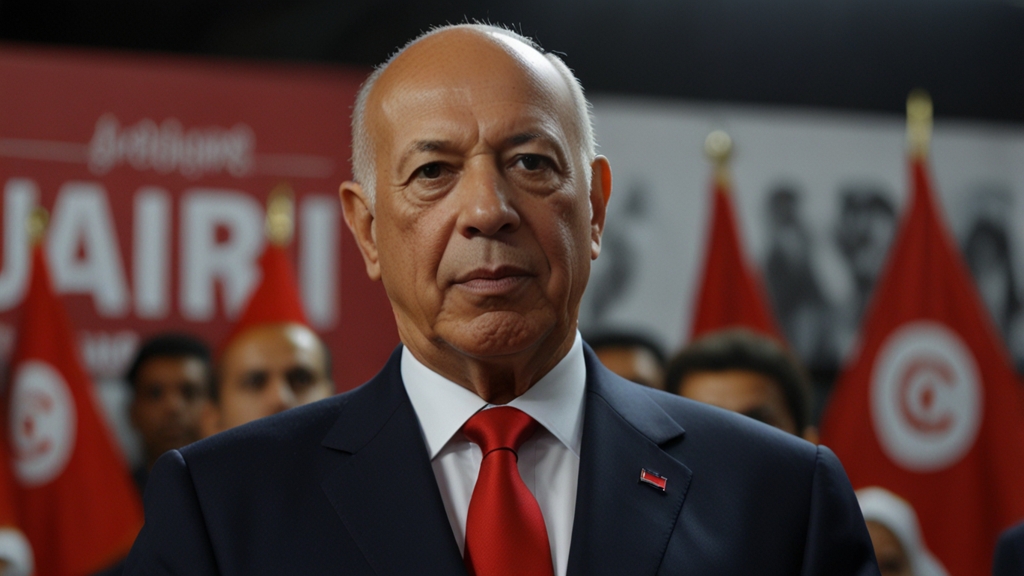Tunisia’s political map has changed as President Kais Saied won the recent presidential elections and thus holds the second term in office. Saied, a former law professor, who was elected in 2019 won another term, although he has not received a majority yet Tunisian is going through difficult political and economic processes. There has been a mixed reaction to the election results at home and abroad due to the various views on Tunisia’s democratic transition since the Arab Spring of 2011.
President Saied’s victory is, however, accomplished against the background of his flawed constitutional changes that have altered Tunisia’s political architecture. Since regaining office during his first term, Saied began making changes that afford the presidency a broader discretion than before, which opposition parties or some foreign watchdogs do not well receive. Those who back Saied claim that the latter was eager to disrupt certain political stagnancies and focus more on the country’s financial problems. While supporters see them as emerged to advance democracy since the 2011 revolution, critics regard them as being a step backward.
Conditions of the election process itself were observed carefully by the international monitors and the global community. Though, the electoral was declared to have been held peacefully, some people find the entire political environment that preceded the voting to be a cause for concern. The members of the opposition have previously urged citizens to boycott the voting process due to perceived biased vote map.
Still, the electoral officials pointed out that the voter turn out was enough to bring credence to the whole process.
In his speech after the victory, President Saied stressed his intention to work on the economic problems of Tunisia and on the consolidation of the unity of the nation. He explained how he would embark on a process of fiscal adjustments to the level of unemployment, inflation rate, and foreign investment. These promises appeal to many Tunisians suffering from the effects of the economic challenges occasioned by factors such as the COVID-19 outbreak and the unrest in countries, including Libya, which affects Tunisia’s leading source of income, tourism.
The international community has not reacted dramatically to Saied’s re-election. Although most countries have hailed Tunisia for conducting the elections, there demands on the government to respect the tenets of democracy and run an inclusive government. One of the major trading and economic partners of Tunisia, the European Union, has underlined the need to preserve democracy and civil rights as part of the priorities of the EU-Tunisia relationship.
Saied, now in his second term, takes up the challenge of walking the thin line of his reforms and finding common ground with other stakeholders in Tunisia. The president’s supporters expect him to remain in power so he can maintain order and introduce the reforms they consider necessary. However, the opposition continues to worry about increased presidential powers in the region as an antithetical outcome of the process for Tunisia’s democracy.
The economic setup will probably see most of the action during the second term, with people expecting a better quality of life. The government of Tunisia has been burdened with high levels of public debt, inflation, and unemployment rates that have led to social unrest in the country. How successfully the government will cope with these tasks while preserving social stability depends on the further progress of Saied’s presidency and the fate of the country.
Thus, the world observes how this North African country, Tunisia, under Saied’s sustained presidency, will respond to the challenges and navigate through or towards political stability and, not only at the same time but alongside economic development and democratization efforts. This is a crucial period for Tunisia’s further development, and it can influence the further development of democratization processes in the region. Saied’s victory in the second term testifies not only to the triumph of a specific person but also to the new philosophical point of the process that is going on in Tunisia – the process of political and, in particular, economic transformation.


